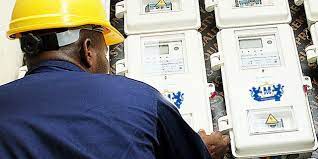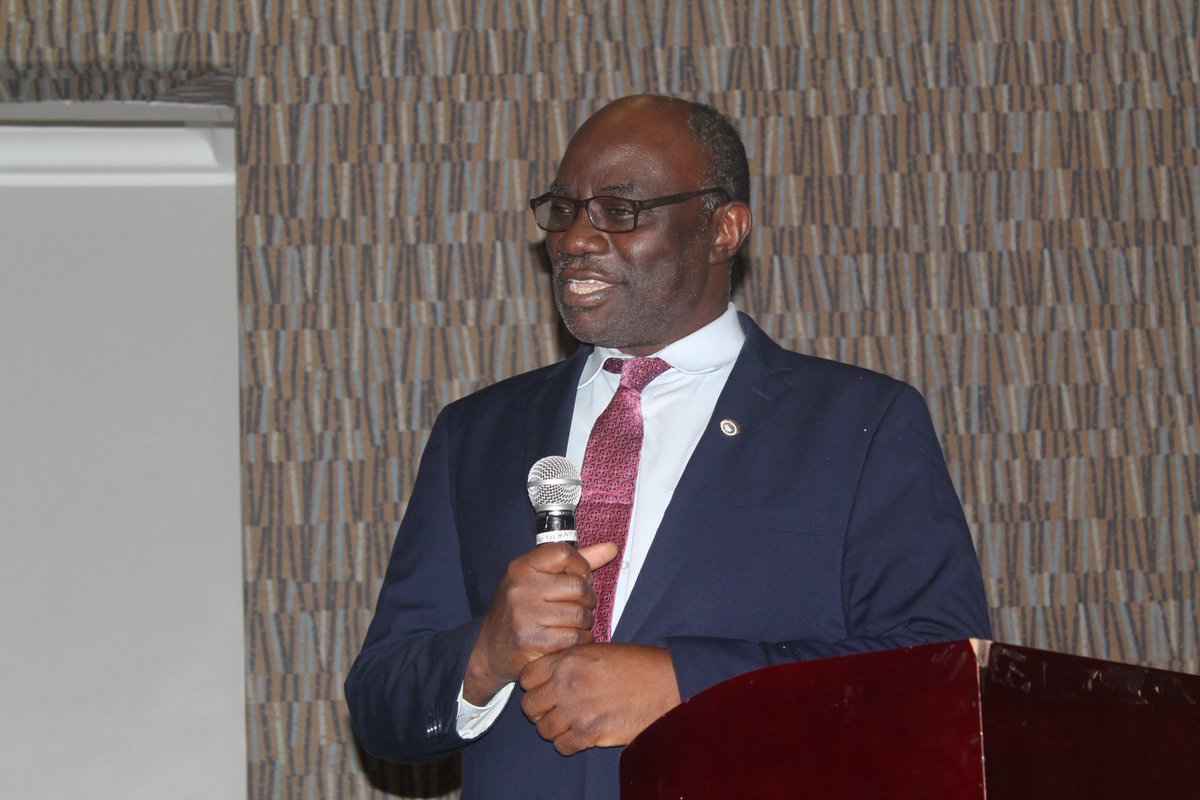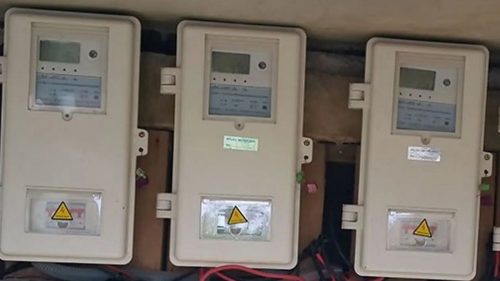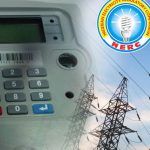Abuja, Nigeria – In a recent announcement, the Abuja Electricity Distribution Company (AEDC) revealed its plans to implement an upward revision of electricity tariffs, effective from July 1, 2023. The decision comes as a result of the fluctuating exchange rate, which has impacted the company’s operational costs.
According to a statement released by the AEDC on Sunday, the revision is in line with the Multi-Year Tariff Order (MYTO) 2022 guidelines. The previously set exchange rate of N441/$1 is expected to be revised to approximately N750/$1. This adjustment will have a direct impact on the tariffs associated with customers’ electricity consumption.
Customers falling within Bands B and C, with supply hours ranging from 12 to 16 per day, can anticipate a new base tariff of N100 per kilowatt-hour (kWh). On the other hand, customers in Bands A, with over 20 hours of supply, and Band B, with 16 to 20 hours of supply, will experience relatively higher tariffs.
To help customers mitigate the forthcoming tariff changes, the AEDC advised those with prepaid meters to consider purchasing bulk energy units before the end of the month. By doing so, they can take advantage of the current rates and potentially save on their electricity expenses before the new tariffs take effect.
“For customers with prepaid meters, we encourage you to consider purchasing bulk energy units before the end of this month as this will allow you to take advantage of the current rates and potentially make savings before the new tariffs come into effect,” stated the AEDC.
However, for customers on post-paid (estimated) billing, the AEDC warned of a significant increase in monthly billing, starting in August. This impending increment emphasizes the importance of proactive energy management and exploring energy-saving alternatives.
The AEDC’s decision to adjust electricity tariffs aims to ensure the sustainability of its operations amidst challenging market conditions. As the changes take effect, it is essential for MSMEs (Micro, Small, and Medium Enterprises) to assess their energy consumption patterns and evaluate cost-saving measures to optimize their business operations.
By staying informed and adapting to the evolving tariff structure, MSMEs can navigate the upcoming changes in the energy landscape, reduce expenses, and maintain their competitiveness in a challenging economic environment.










